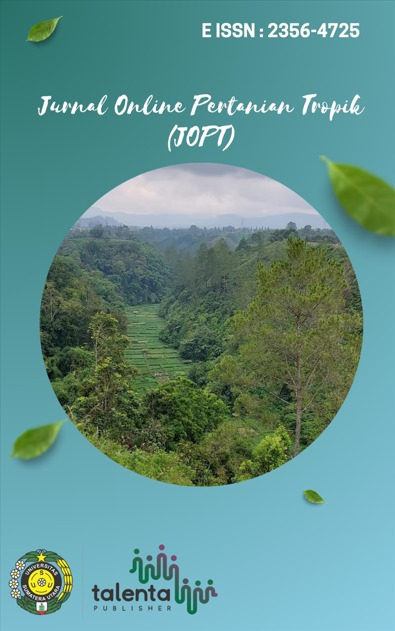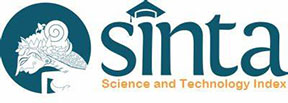Smart Agriculture Application in Rice Cultivation
DOI:
https://doi.org/10.32734/jopt.v11i2.17832Abstract
Rice is a staple food crop that feeds a significant portion of the world's population. Ensuring sustainable and efficient rice production is crucial for global food security. In recent years, the integration of smart agriculture technologies has shown promise in improving various aspects of rice cultivation. This paper provides an overview of the key smart agriculture applications that can enhance rice cultivation practices. The review discusses the use of precision farming techniques, such as GPS-guided tractors and drones for site-specific management of inputs like fertilizers and pesticides. It also examines how sensor networks and Internet of Things (IoT) devices can monitor environmental conditions, soil fertility, and plant health to enable data-driven decision-making. Smart irrigation systems leveraging soil moisture sensors and weather forecasts are highlighted as a means to optimize water usage. Furthermore, the paper explores the role of automation and robotics in automating labor-intensive tasks like transplanting, weeding, and harvesting. It also discusses the potential of machine learning and predictive analytics to improve crop yield forecasting, pest and disease management, and supply chain logistics. The adoption of these smart agriculture technologies in rice farming has demonstrated improvements in productivity, resource efficiency, and environmental sustainability. However, challenges remain in scaling up these solutions and ensuring their accessibility to smallholder farmers. The paper concludes by outlining future research directions and policy considerations to further advance smart agriculture in the rice cultivation sector.
Downloads
Downloads
Published
How to Cite
Issue
Section
License
Copyright (c) 2024 Jurnal online PERTANIAN TROPIK

This work is licensed under a Creative Commons Attribution-ShareAlike 4.0 International License.






















